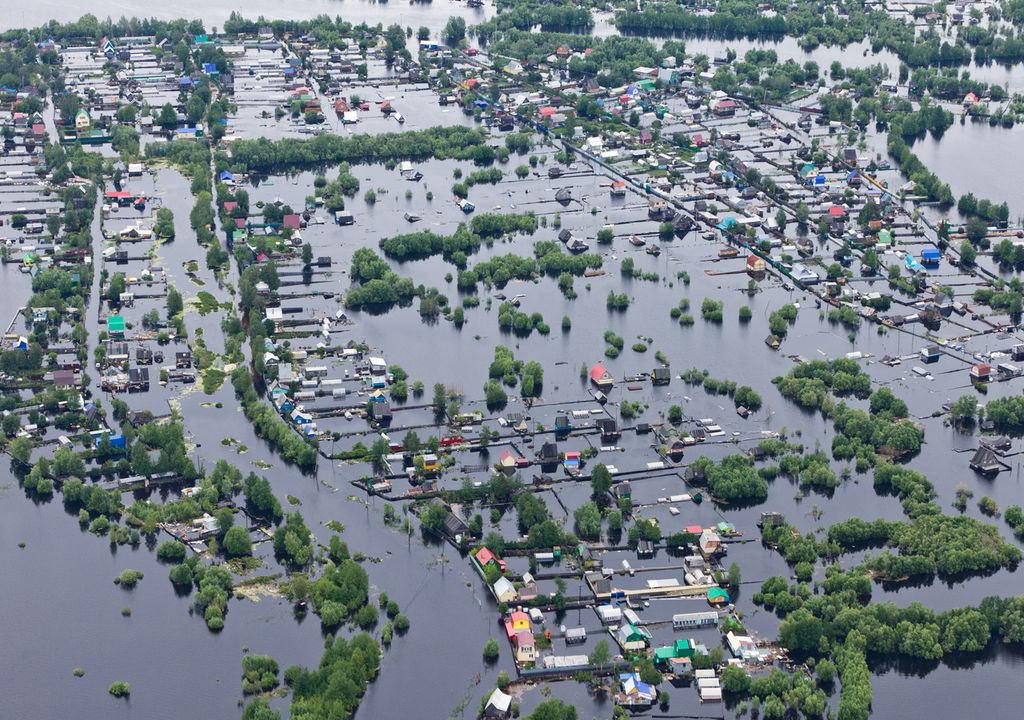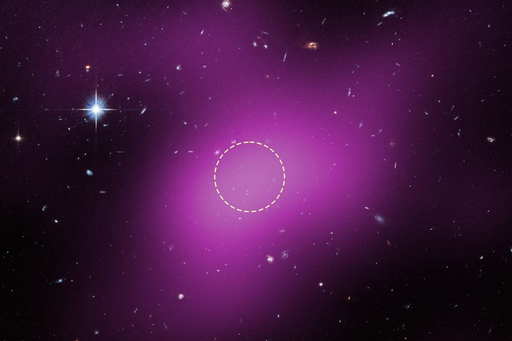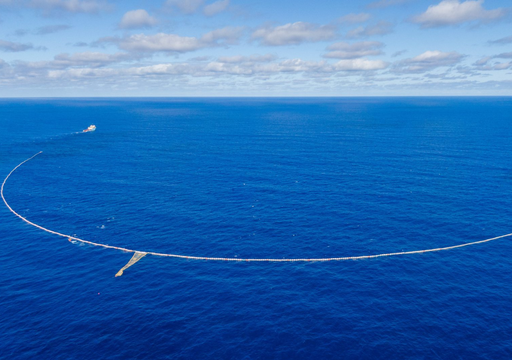March 2024 was the wettest month on Earth since records began, a New Zealand expert analyses the causes
According to meteorologist Ben Noll, last March was the wettest on Earth since records began. This variable could be linked to climate change and events such as the recent torrential rains in Dubai.

Last March was the wettest month ever recorded on Earth since records were taken before 1940. According to data estimated by ERA5, the global average atmospheric humidity reached 0.73 inches, which would be about 1.85 centimetres.
Specifically, the variable measured is precipitable water, also known as total water in the column, because it represents the total amount of moisture contained in a column of air that extends from the Earth's surface to the ceiling of the atmosphere.
Wondering why it's been really rainy where you are?
Ben Noll (@BenNollWeather) April 6, 2024
March 2024 was the moistest March on record for the planet, continuing a run of record-moist months that date back to last year.
67% of Earth had above normal moisture content during the month, which is being driven by very pic.twitter.com/YYdM0yUZnn
Ben Noll, a meteorologist at the Institute of Water and Atmospheric Research in New Zealand, is the one who is keeping track and who noticed the record. According to Noll, last March, 67% of the Earth showed positive precipitable water anomalies. In areas equivalent to all of Australia, precipitable water reached anomalies of 120%, with values that go off the scale. Particularly noteworthy are the Arabian Peninsula, the east coast of the US, Greenland and Europe, including Spain.
March was extremely rainy in parts of Europe
One of the manifestations of this enormous availability of precipitable water is the rainfall surplus that has occurred in many areas of the world. According to a report from the AEMET, in March the average was 120 l/m2 in Spain, so it rained 202% of what usually falls in the first month of climatological spring. In the United Kingdom, 2023 was wetter than the annual average, based on Met Office figures, as Meteored previously reported.
The most important anomaly occurred in the Peninsula, while in both archipelagos the month was normal or wet. In the Balearic Islands, 109% of normal precipitation fell and in the Canary Islands, 115%.
Part of the anomaly is due to the passage of Storm Nelson, which left up to 72 l/m2 in Ceuta in 24 hours. In Ceuta the monthly accumulated amounts to 287 l/m2 and 255 l/m2 in Santiago de Compostela.
Marzo de 2024, un 200% más lluvioso de lo normal
— Transición Ecológica y Reto Demográfico (@mitecogob) April 8, 2024
El sexto mes de marzo más húmedo de la serie histórica
️ +0,6ºC por encima de la temperatura media del mes
Informe climático de @AEMET_Esp
» https://t.co/c9taX87glX
Although we are talking about averages here, March was unfavorable on the Mediterranean and southeast coast. The continuous western situations left minimum rainfall in Almería, the Region of Murcia and the Valencian Community, where it did not rain even half of what would be expected in the month of March, although we already know that the averages in these regions are not very representative in spring.
An increasingly humid planet
Returning to the record for precipitable water recorded worldwide last March, meteorologist Ben Noll attributes an increasingly humid atmosphere to climate change. The main reason lies in the increasingly hot seas and oceans, because they act as enormous heat reserves. The heat surplus translates into a higher evaporation rate and an increase in atmospheric precipitable water.
Extreme weather in #Dubai is an example of how the impact of a moistening world can manifest in individual flooding events.
— Ben Noll (@BenNollWeather) April 18, 2024
Atmospheric moisture (total column water) in Dubai has increased by about 7% in the last 8 decades.
The exact contribution is difficult to ascertain, but pic.twitter.com/pVYcT4H3JF
This can lead to episodes of torrential rains such as the one that occurred on April 16 in the city of Dubai. At the international airport of said city, 159 l/m2 accumulated in 24 hours, a value that triples the amount that usually falls in an entire year..
Episodes like this could become more frequent on a planet with greater amounts of precipitable water. In fact, according to data from Ben Noll, atmospheric humidity in Dubai has increased by 7% in the last eight decades.








